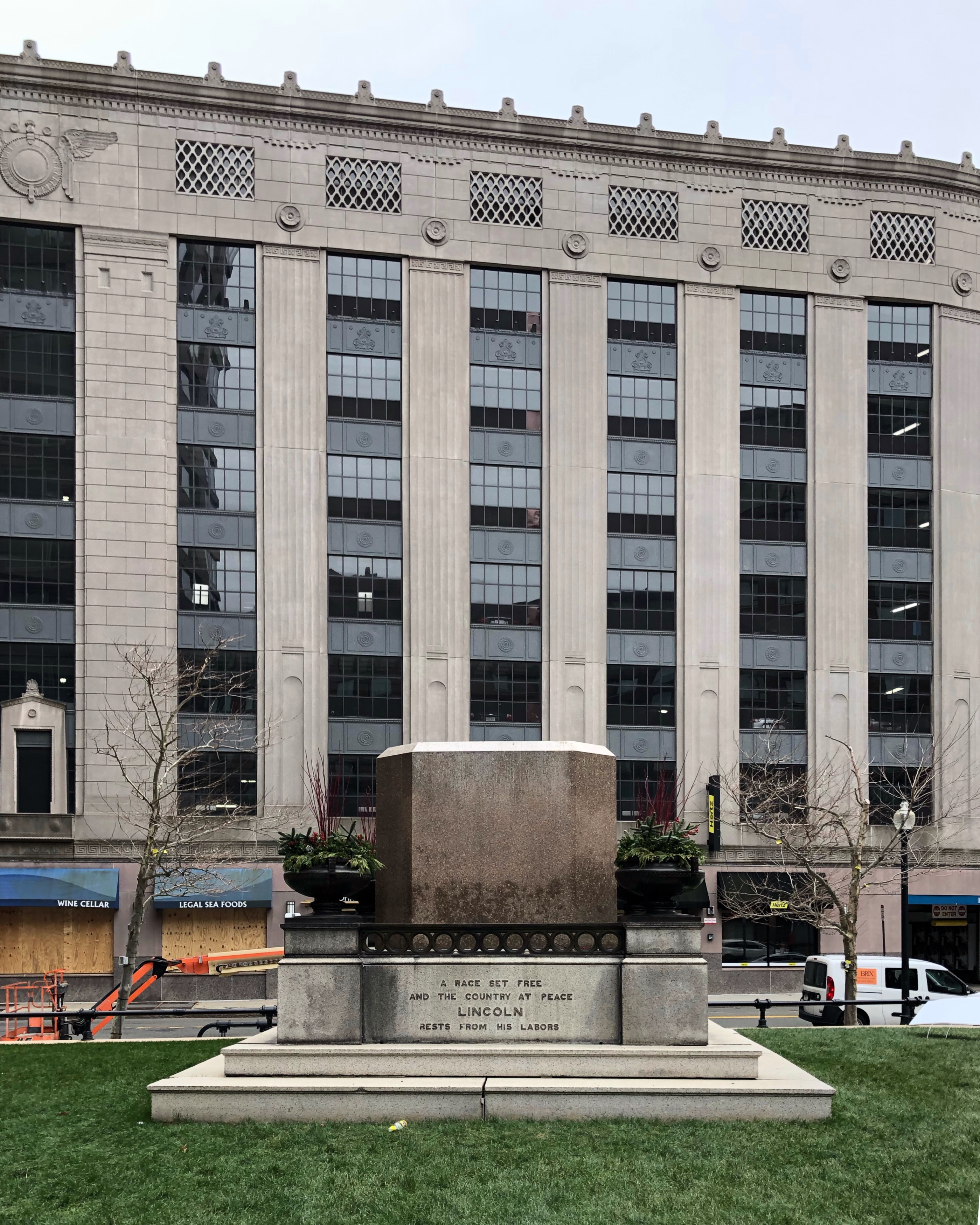Other Resources
The Boston Preservation Alliance’s Strategic Plan for 2024-2026 lays out a bold, equity-dri
Architecture 2030 is a non-profit organization establ
The preservation field has always supported climate action.
The construction sector accounts for 13% of energy emissions in the United States, while an estim
Architecture 2030 is a non-profit organization establ
Construction and demolition create waste and emissions that contribute significantly to the clima
One of the greatest tragedies of sustainable design is the notion that old buildings can’t
In 2022, the San Antonio City Council approved a deconstruction ordinance mandating certain struc
Deconstruction ordinances are a policy tool implemented to build towards a more circular economic
Embodied carbon is a top concern within the preservation sphere and provides one of the strongest
Reuse isn’t just about preserving historic sites.
One popular proposal for a more sustainable construction sector is the implementation of circular
The Just Places Lab at Cornell Univers
The Just Places Lab at Cornell Univers
Construction and demolition debris form the largest waste stream in the United States, and typica
The best case for reuse is made by its success stories.
Good architecture is built to serve the needs of everyday day people.
Good architecture is built to serve the needs of everyday day people.
Material reuse in the built environment is an essential step towards a more sustainable construct
The National Trust for Historic Preservation has developed a crowdsourced archive of preservation
Have your own plan for waste reduction?
In this 51 page booklet, we highlight Preservation Achievement Award winning projects, Boston pho
Take a virtual walk down history lane and explore great neighborhoods–including Beacon Hill, Dorc
In 2018, The Boston Groundwater Trust debuted a series of award winning informational videos abou
The Boston Preservation Alliance received mitigation funds from Boston Children’s Hospital to upd
The Boston Harborwalk is a nearly 40-mile public waterfront walkway that winds through Boston’s w
Until now, little has been known about the climate change reductions that might be offered by reu
Piano Row: Cycles of History is an original film documentary about the evolution of Bost
With no local protection or means of preventing demolition, the Ladder Blocks are at great risk o
Boston Modern: The Spirit of Reinvention events and booklet are part of the Modern Module program
On February 4, 2016 the Boston Preservation Alliance hosted an Urban Forum: “Boston’s Changi
Here in Boston there are a few ways we can protect a building or other historic resource.
The Boston Preservation Alliance’s Neighborhood Preservation Workshop was a pilot program that ra

